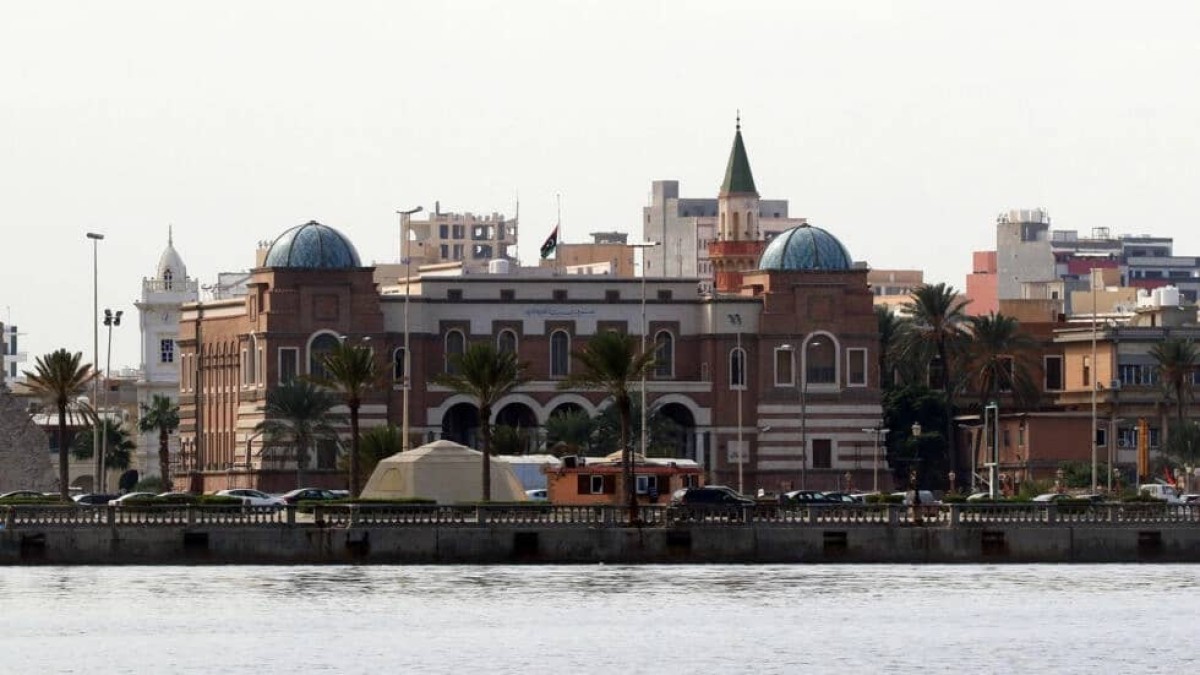Will the unification of the Central Bank of Libya end the divisions between politicians?


The Central Bank of Libya announced on Sunday, August 20, the reunification of its branches in the west and east of the country, after a division that lasted about a decade.
After holding a meeting attended by directors of departments and advisors at the Central Bank of Libya in Tripoli and Benghazi, the governor of the bank, Al-Siddiq Omar Al-Kabir, and his deputy, Marai Muftah Raheel, issued a statement in which they announced that “the Central Bank of Libya has been reunified as a single sovereign entity,” and at the same time confirmed “Their commitment to making every effort to address the repercussions resulting from this division.”
The Central Bank of Libya has been divided into two institutions since 2014, one of which is in the capital, Tripoli, and enjoys international recognition, under the presidency of Al-Siddiq Omar Al-Kabir, and the other is in the east of the country, under the presidency of Ali Al-Habri, and Merhi Moftah Raheel was chosen as his replacement.
The presence of two competing branches has hampered the implementation of a single monetary policy, while the Libyan dinar has declined sharply since the 2011 revolution and the fall of the late Colonel Muammar Gaddafi’s regime.
Unification procedures began within the Central Bank at the beginning of last year, following the signing of a contract to provide consulting services with Deloitte.
The Central Bank of Libya manages oil and gas revenues in the country with the most oil reserves in Africa, and it is the one that allocates funds to various state institutions.
The unification of the Central Bank of Libya is an indicator of the beginning of unification of political visions
Libyan political analyst Idris Hamid, in an interview with Monte Carlo International, believed that the unification of the Libyan Central Bank is a useful and good step, especially since it emerged from the Libyan parties without external mediation.
He also expected it to be a step towards unifying political opinions and unifying the people in order to build the state in a democratic context, contribute to resolving the political crisis, and think about the public interest, economically and socially, with full transparency.